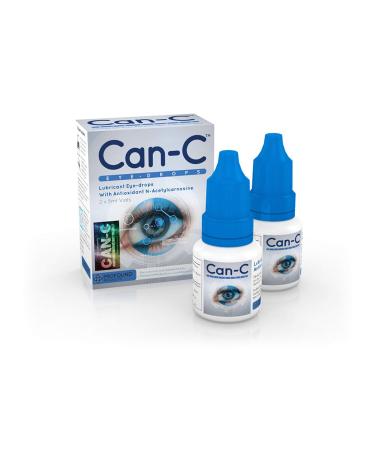- Dietary Supplement & Educational Guide to Support Normal Blood Sugar Levels
The Impact of Blood Glucose on Healthcare
The NIH reports that approximately 25.6 million adults 20 years and older in the United States suffer with the symptoms and the life-altering effects of hyperglycemia, or too much blood sugar. Typically, this condition is the precursor for a number of devastating health problems that can age the body prematurely and contribute to increasing healthcare costs. Direct and indirect costs associated blood sugar issues were estimated in 2007 to be approximately 174 billion dollars**. A number of things can be done to support the management of normal glucose levels. Healthy eating, physical activity, and blood glucose testing are the most important and most widely recommended. Recent research has suggested that botanicals used in Ayurvedic medicine can have an impact on supporting the balance of glucose in the blood. Supplementation with vital minerals has also suggested great promise in normalizing blood sugar levels.
Blood Sugar and Balanced Glucose Levels
Blood sugar refers to glucose in the blood. Glucose is a simple sugar that is the right amounts provides energy and facilitates metabolic process in the body. Normal glucose levels contribute to overall good health because all functions in the body need glucose. When a glucose imbalance occurs, blood sugar can build up causing a condition known as hyperglycemia, which can be damaging to the entire body, especially kidneys, eyesight, the heart and circulatory system. Too little glucose is known as hypoglycemia, and it, too, can wreak havoc in the body, causing a wide range of symptoms that are not immediately identified as hypoglycemia. An imbalance of blood sugar in the body can be identified by a health care professional through tests designed to specifically measure glucose.
**National Institute of Diabetes and Digestive and Kidney Diseases of the National Institutes of Health.













